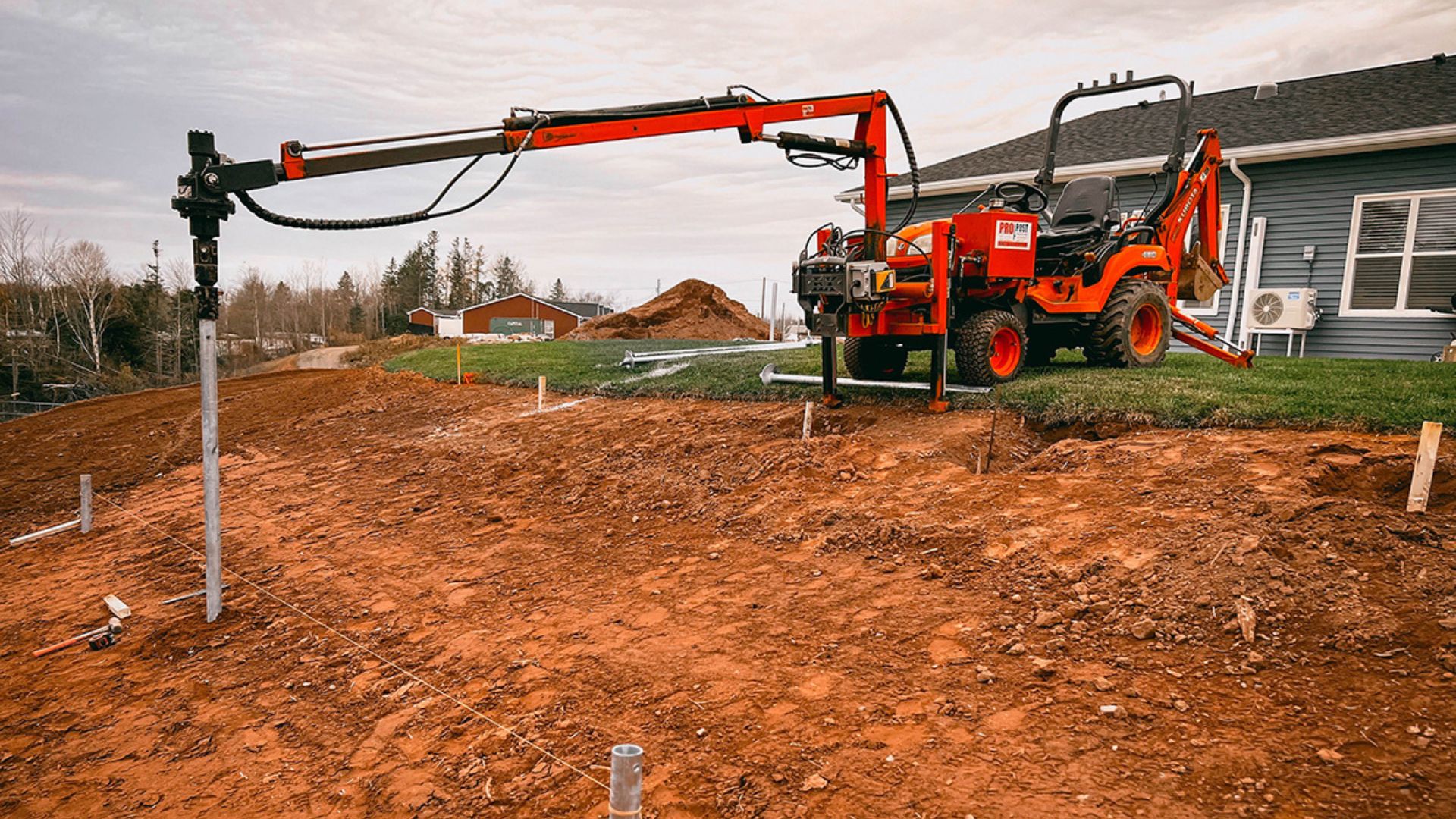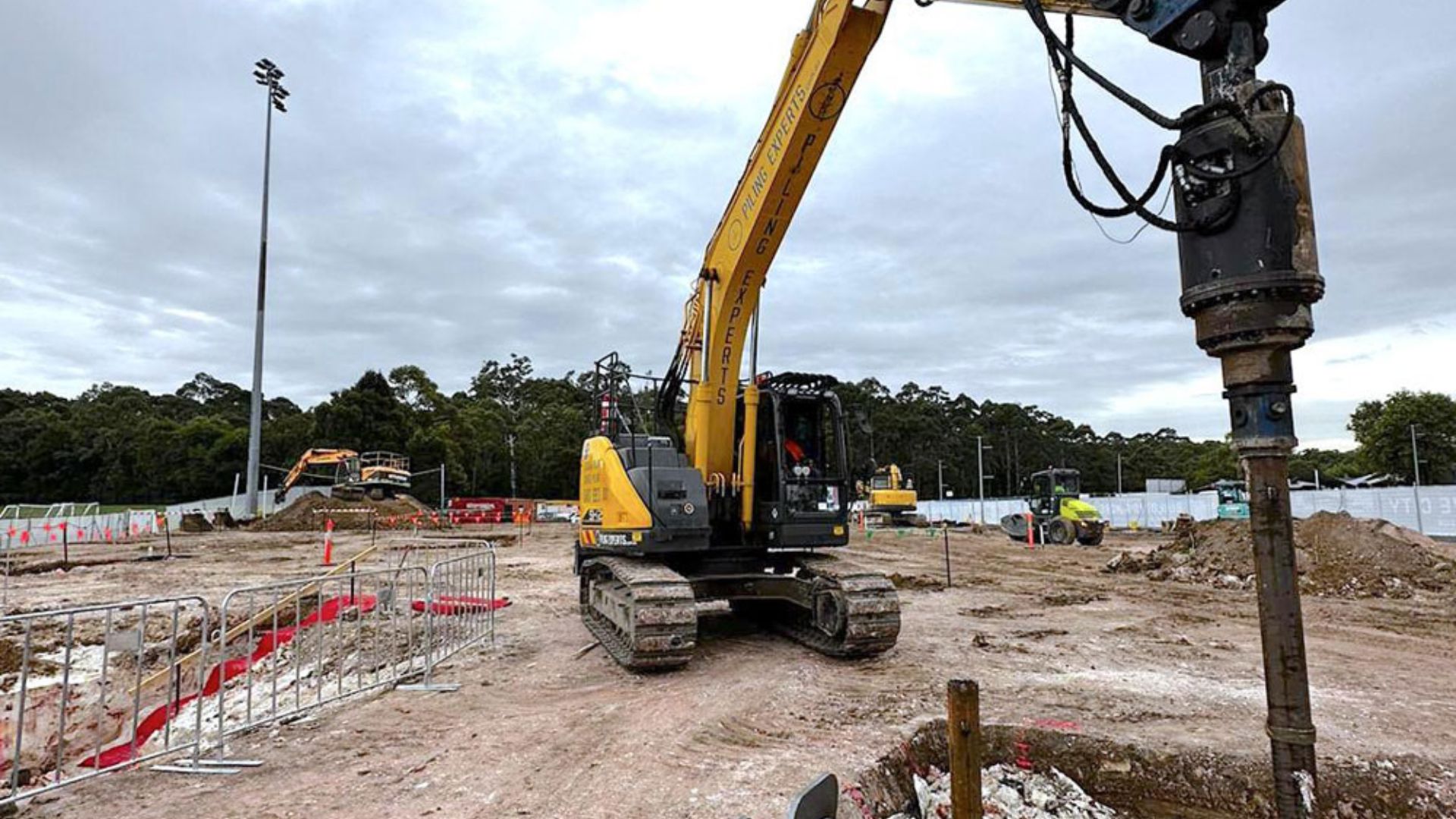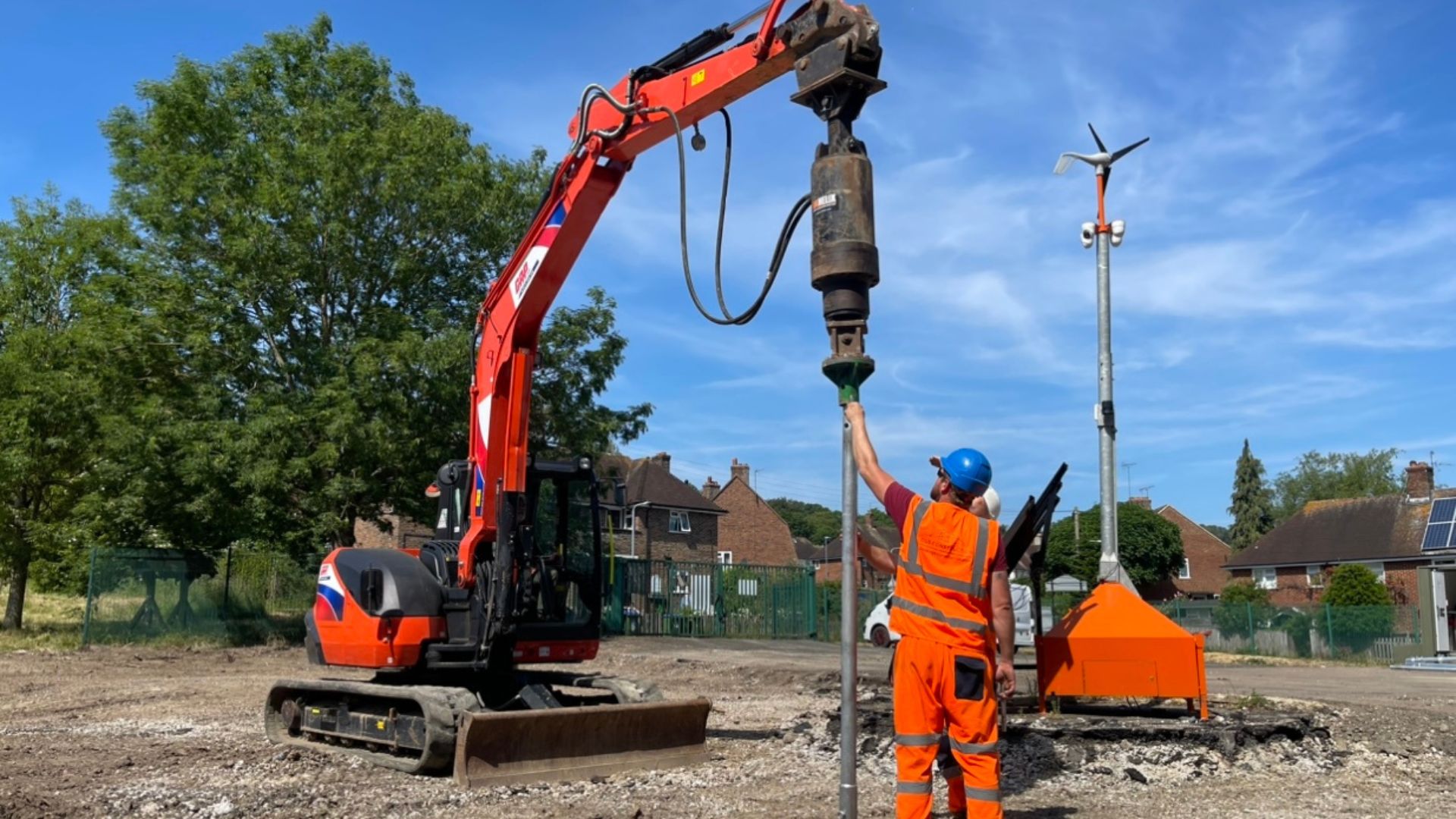What is Rough Grading?
Rough grading is the initial stage of shaping the land before construction or landscaping begins. It involves:
- Moving and Leveling Soil: Large amounts of soil are moved and leveled to create the basic contours of the land.
- Establishing Proper Elevation and Drainage: Ensuring the correct elevation, slope, and drainage direction to prevent future issues.
- Filling and Grading: Filling in low spots and removing excess material to prevent water pooling.
- Site Preparation: Preparing the site for foundations, driveways, roads, or further landscaping work.
Why is Rough Grading Important?
- Prevents water damage by directing runoff away from structures.
- Ensures stability for future construction by creating a solid base.
- Reduces erosion risks by managing surface water properly.
- Improves accessibility by leveling uneven terrain for workers and equipment.
- Sets the foundation for final grading and finishing touches.

What is Final Grading?
Final grading is the last stage of soil preparation that fine-tunes the surface for landscaping, paving, or construction completion. It involves:
- Smoothing and compacting the soil for a polished finish.
- Ensuring proper water drainage to prevent erosion and flooding.
- Adding topsoil for grass, plants, or sod installation.
- Preparing the surface for paving, driveways, or final landscaping elements.
Why is Final Grading Important?
- Creates a clean, finished look for lawns, gardens, and driveways.
- Prevents standing water that can lead to foundation issues or plant damage.
- Supports plant growth by adding nutrient-rich topsoil.
- Ensures long-term durability of paved surfaces by providing a stable base.
- Increases property value with proper drainage and landscaping.
Why You Need Both for a Successful Project
Skipping rough grading can lead to unstable foundations, poor drainage, and uneven terrain, while ignoring final grading results in standing water, erosion, and unprofessional finishes. Together, they ensure a well-prepared, durable, and visually appealing property.


